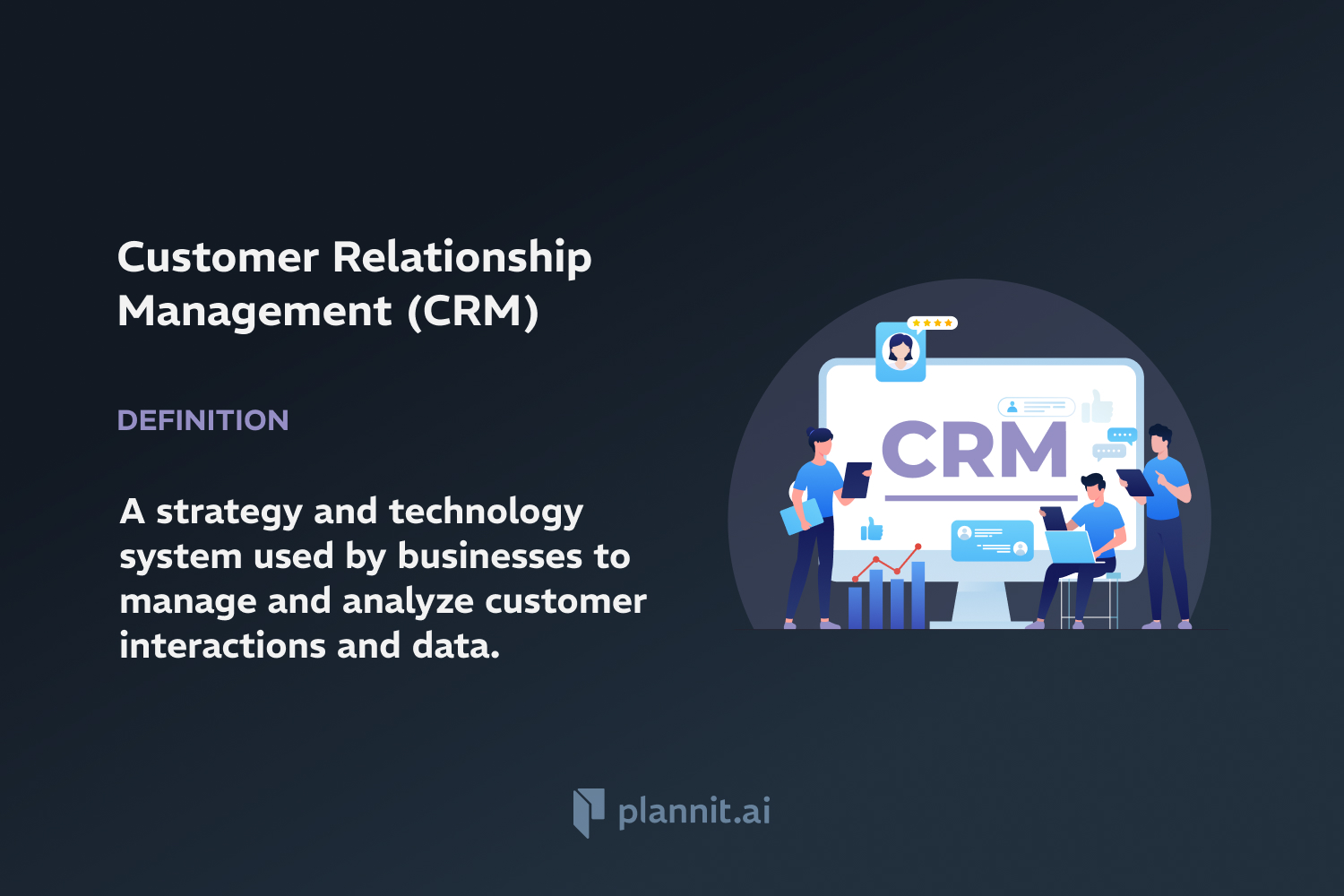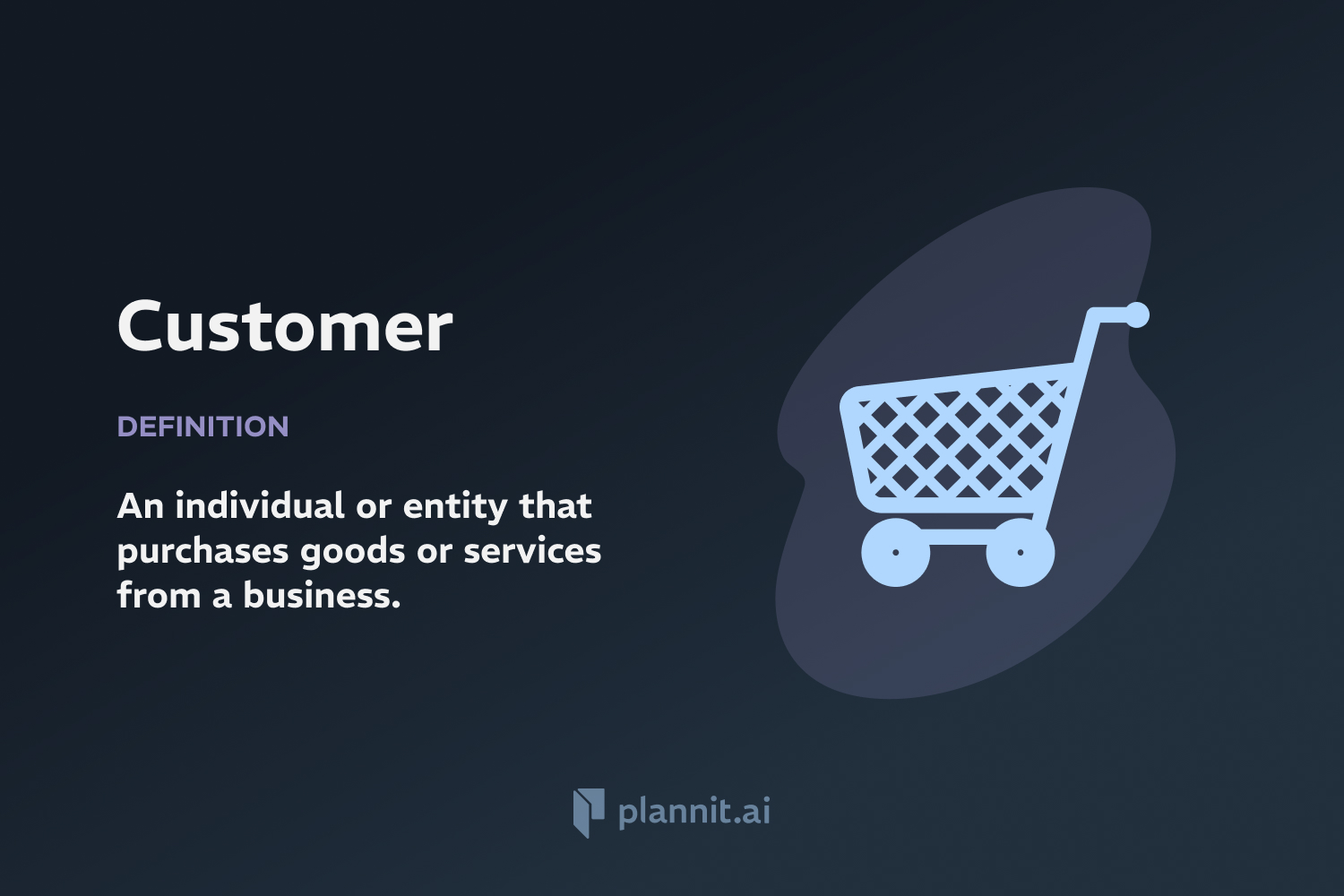Need Help With Your Business Plan?
Answer tailored questions and get a detailed business plan in minutes.
Earnings Before Interest and Taxes (EBIT): Definition & In-Depth Explanation
Earnings Before Interest and Taxes (EBIT) is a financial metric used to measure a company’s profitability. It is calculated by taking revenue and subtracting the operating expenses (including cost of goods sold, wages, and depreciation) but before deducting interest and taxes. This metric is commonly used in finance and accounting to evaluate the performance of a company’s core operations without the impact of its capital structure and tax regime.
Purpose:
The purpose of EBIT is to provide an indication of a company's operating performance and profitability, excluding the effects of financing and tax environments. This allows investors and analysts to compare the operational efficiency and profitability of companies within the same industry, irrespective of their financing and tax strategies.
Related Terms:
Net Income: The total profit of a company after all expenses, including taxes and interest, have been deducted from total revenue.
EBITDA (Earnings Before Interest, Taxes, Depreciation, and Amortization): A metric similar to EBIT but also excludes non-cash expenses like depreciation and amortization, providing a clearer picture of a company’s cash earnings.
Operating Income: Another term for EBIT, emphasizing the earnings from the company's core business operations.
Profit Margin: A financial ratio that measures the percentage of profit a company generates from its total revenue.
FAQs:
How is EBIT different from EBITDA?
EBIT includes depreciation and amortization expenses, while EBITDA excludes them. EBITDA provides a measure of operational profitability that is closer to cash flow.
Why is EBIT important for investors?
EBIT helps investors understand the company’s ability to generate profit from operations alone, making it easier to compare companies with different tax situations and capital structures.
Can EBIT be negative?
Yes, EBIT can be negative if a company’s operating expenses exceed its revenues, indicating that the company is not profitable from its core operations.
What does a high EBIT indicate?
A high EBIT indicates strong operational performance and profitability, suggesting that the company efficiently manages its operating expenses relative to its revenue.
Is EBIT affected by a company’s financing decisions?
No, EBIT is not affected by financing decisions, as it excludes interest expenses. This makes it a useful measure for comparing companies regardless of their financing structure.
Get funding with a business plan that will impress investors.
Starting a New Business?



